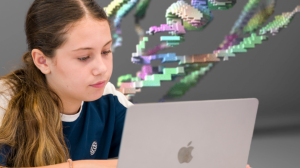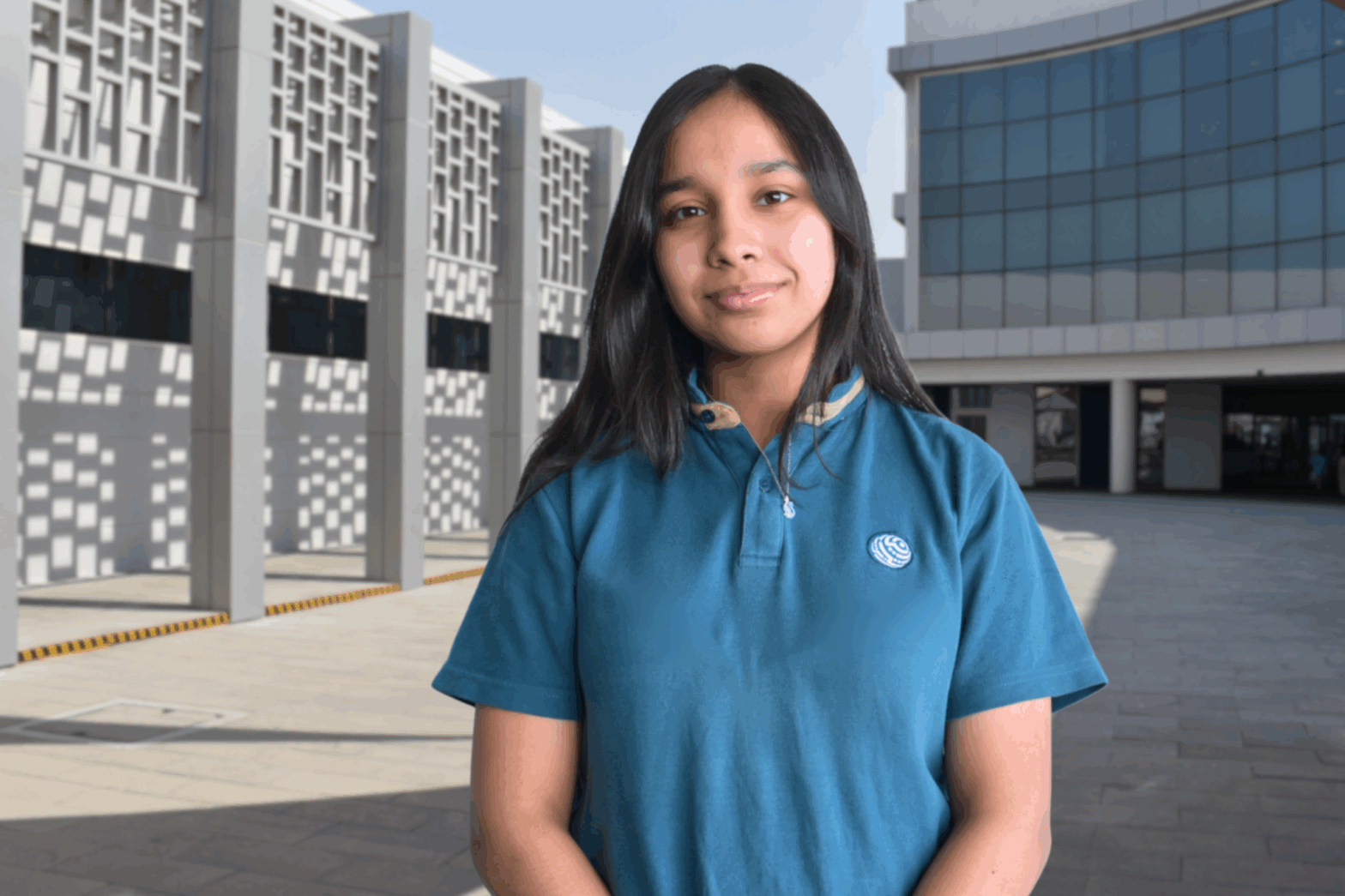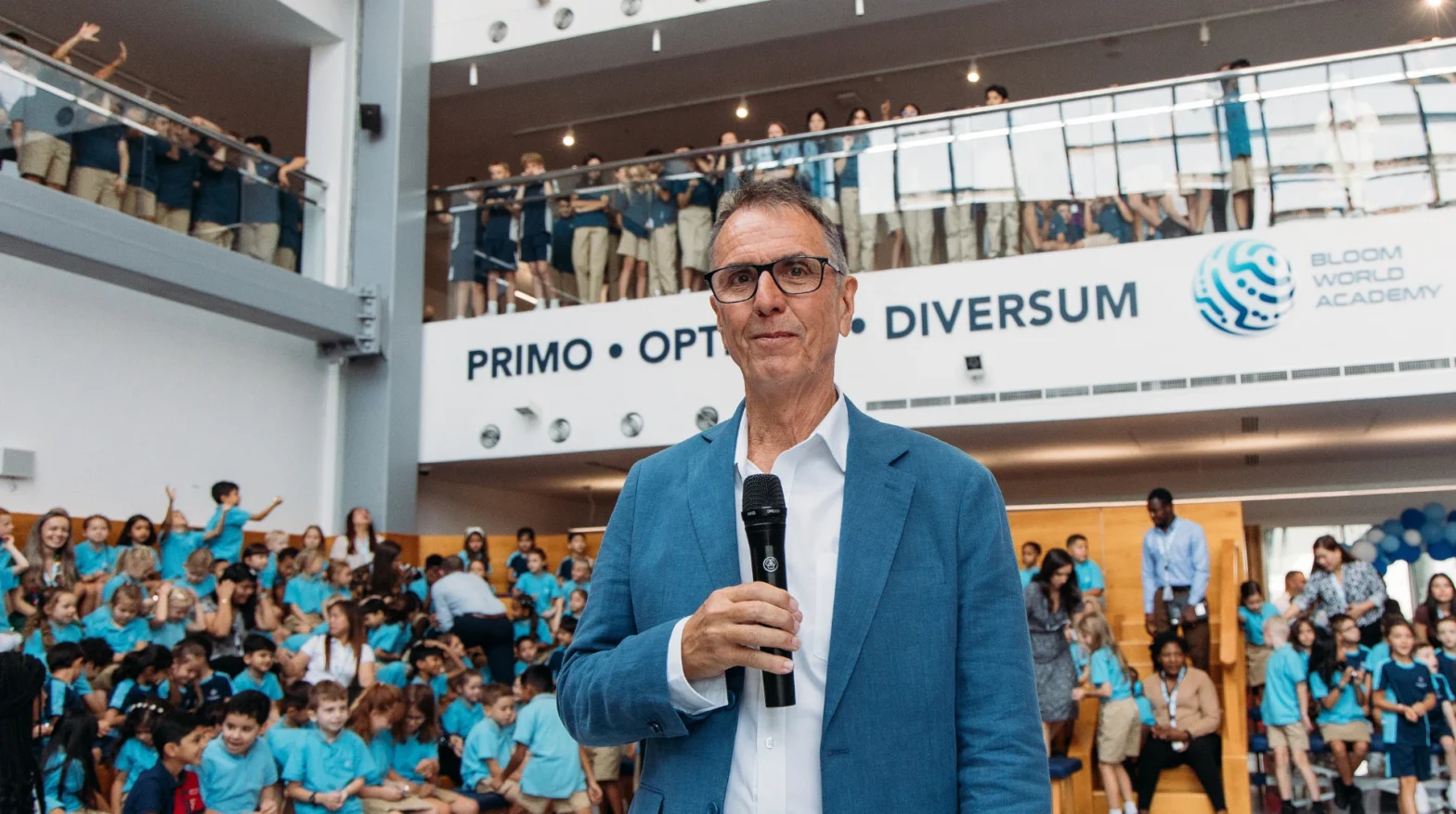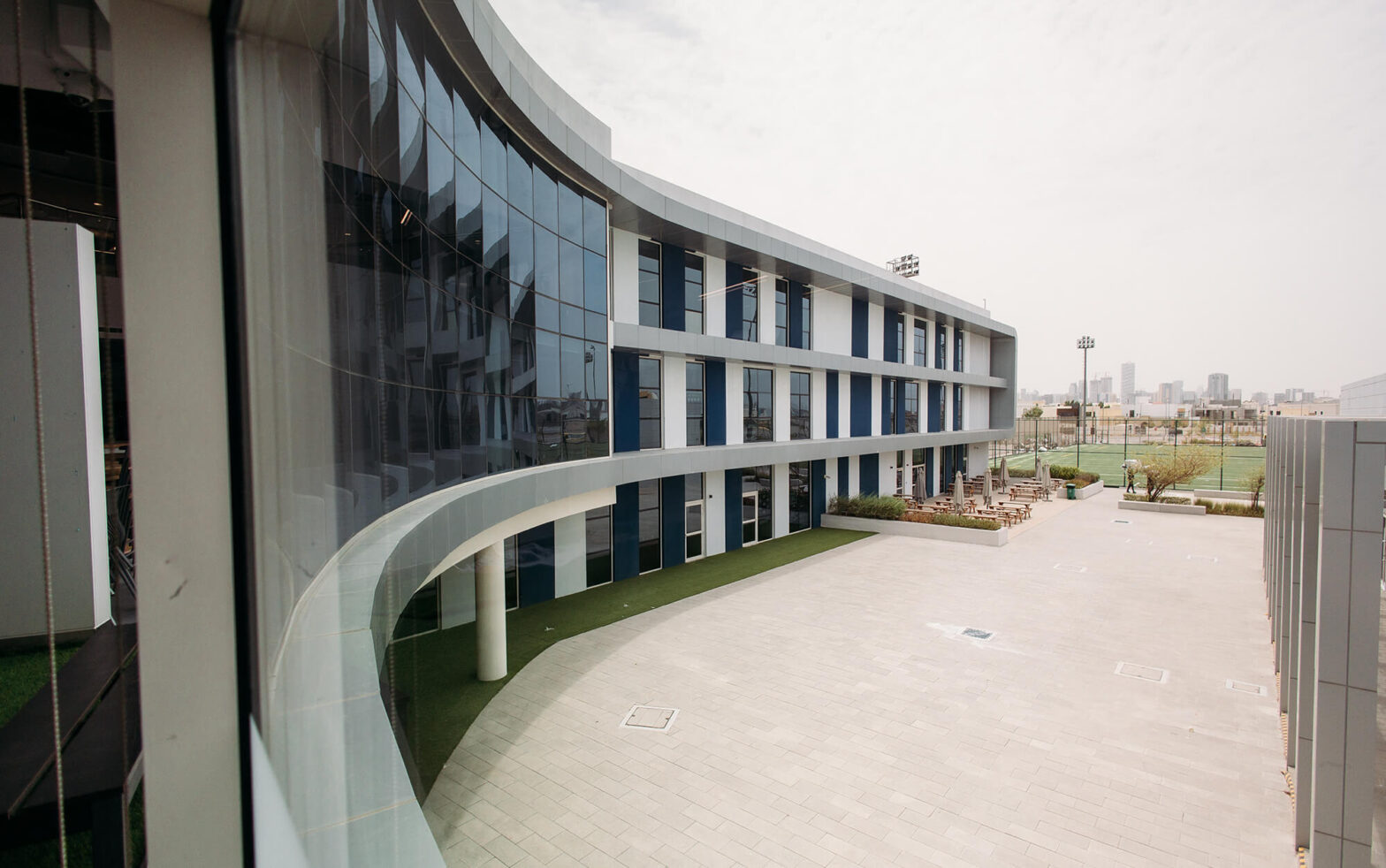The Impact of AI in Education – Ashwani Kumar, Chief Reporter at Gulf News Interviews Principal John Bell
Are students using AI tools like ChatGPT for assignments? How is your school addressing this trend – through policies, guidelines, or teacher awareness? Have there been cases of misuse or overdependence on AI by students? If so, how were they handled?
Yes, students at Bloom World Academy are certainly familiar with ChatGPT and other AI tools. AI is here to stay, and our role isn’t to ban it but to guide its use responsibly. That’s why we pair our technical AI curriculum with a strong ethical foundation—asking students to explore fairness, accountability, and innovation. Detection isn’t easy—AI can mimic human errors—so we blend digital screenings with traditional assessments like pen-and-paperwork, verbal presentations, and project-based tasks to preserve integrity and protect learning.
How are teachers using AI to enhance lesson planning, content creation, or to support personalised learning? Has your school started integrating AI into the curriculum – as a subject or as a tool in classrooms? If so, how?
We were the first school in the UAE to embed an AI-focused accredited course within the core curriculum for students aged 14+ and the first in the world to introduce Teachable Machine V2, an enhanced Artificial Intelligence course from Code School Finland’s (CSF) flagship AI curriculum. Through our partnership with CSF, students dive into machine learning, automation, content creation, and run mock court trials to debate real-world AI ethics. We call it ‘Authentic Intelligence’—where AI enhances learning, but humans retain control. Meanwhile, our teachers are upskilled through AIleader groups and professional development to thoughtfully integrate AI into lesson planning and personalised instruction.

This year, AI education will be formally introduced to students from as young as KG2, using a vertically aligned, spiral curriculum that evolves as they progress through the school. This goes hand-in-hand with our policy of providing every student at BWA with an iPad or MacBook depending on their age group, ensuring equitable access to technology. Our goal is not just to produce competent users of technology, but responsible and thoughtful digital citizens — students who understand the power and responsibility that comes with advanced tools.
Are AI tools being used in your school for administrative tasks such as admissions, scheduling, communication, or student tracking? What impact has this had?
We do leverage AI for administrative efficiency—automating aspects like lesson planning, student tracking, and content creation. This use of AI doesn’t replace teachers but rather frees them to focus more deeply on pedagogy, creativity, and meaningful interactions with students.
Have teachers and staff received any training on using or managing AI in education? How does your school ensure the ethical and responsible use of AI by both students and staff?
Our AIleader groups mentor colleagues on both practical and ethical aspects. Ethics—data privacy, integrity, algorithmic bias—aren’t an afterthought; they’re woven into every stage of learning. We also teach students through mock court trials, character-driven discussions, and critical-decision exercises, reinforcing accountability and integrity in digital citizenship.
What are the biggest opportunities and concerns you see with the growing use of AI in education? How do you see AI evolving in the education sector over the next few years?
AI opens extraordinary doors for innovation and real-world relevance—our students design applications, tackle debates on policing, healthcare, and fraud detection, building future-focused skill-sets which will position them to not only excel, but to lead in their respective fields. Their progress in just a short time is tangible; our BWA team recently won the AIDEN AI & Ethics Debate Challenge during Dubai AI Week – another student gained national media coverage for an application she developed to support the elderly. Code School Finland adjudicators also gave us some fantastic feedback, stating that our BWA students produced ‘among the best results seen’ in the 15 countries within which their programme has been introduced.
AI-generated plagiarism is subtle and evolving, which is why we maintain strong analog components—verbal presentations and written assignments—so students can’t outsource comprehension. Looking ahead, we can see AI becoming everpresent, but its success in education will hinge on ethical literacy, teacher upskilling, and preserving human judgement and empathy at the core of learning.







